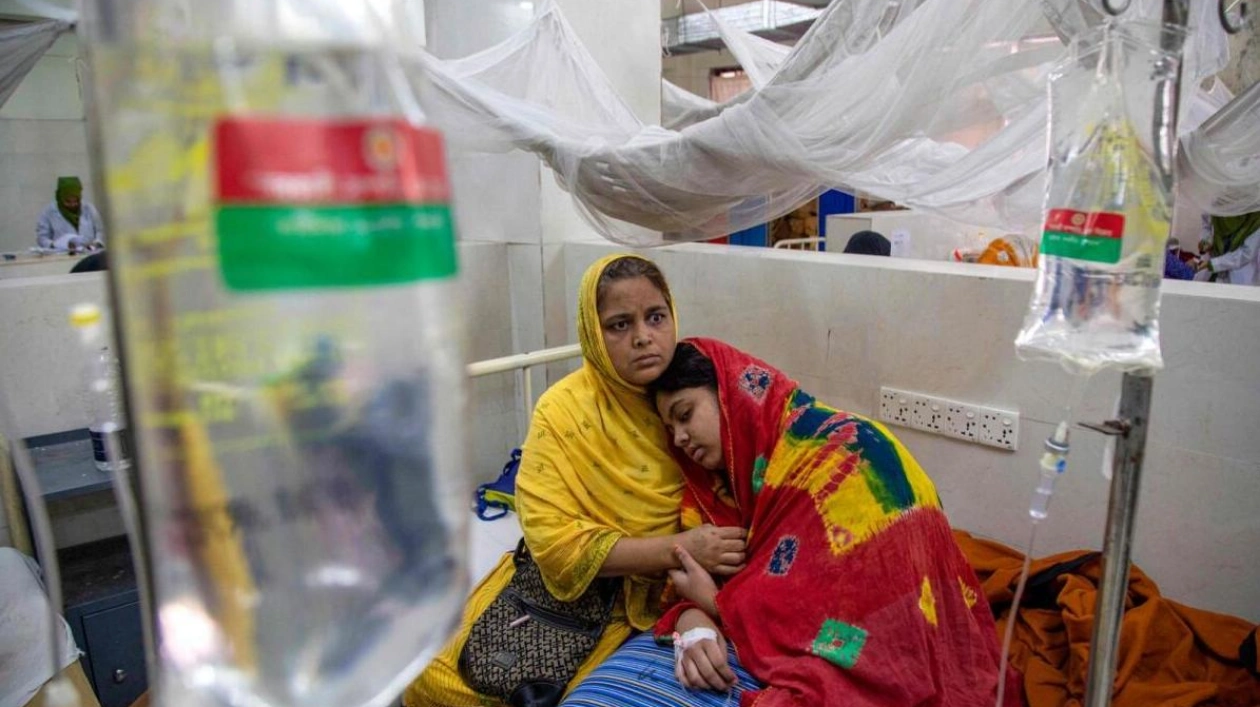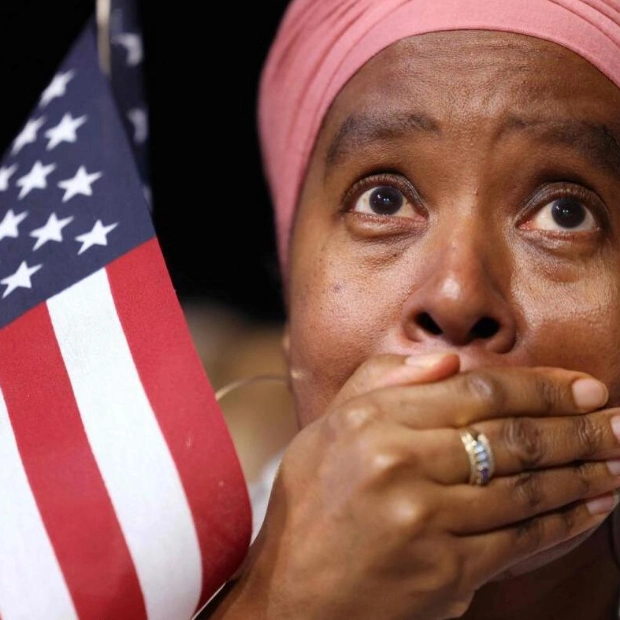A woman sits with her daughter, who is suffering from dengue, in a children's ward at Shaheed Suhrawardy Medical College and Hospital in Dhaka. — AFP
Bangladesh is grappling with a surge in dengue cases as climate change transforms the disease into a year-round crisis, leading to pediatric wards filled with children sharing beds. The Aedes mosquito, which spreads dengue and can be identified by its black and white striped legs, thrives in stagnant water, and cases typically decline after the monsoon season.
"Normally, around this time, we would expect the number of patients to decrease," said Fazlul Haque, as he navigated through a ward crowded with dengue patients at Dhaka's Shaheed Sohrawardi Medical College. "For the last three weeks, the number of dengue cases has been on the rise."
Dr. Sabina Tabassum Anika, who oversees the children's dengue ward, noted, "We see dengue patients almost every month. With cases higher than previous months, we're placing two children on each hospital bed to accommodate them."
In October, Bangladesh recorded 134 dengue-related deaths, the highest monthly toll this year, bringing the total for 2024 to 326. Although cases are lower than last year, when more than 1,000 people died, dengue deaths are now being recorded nearly every month, according to medical professionals. By early November, more than 65,000 cases had been reported. Severe cases can lead to internal or oral and nasal bleeding.
The World Health Organisation has issued a warning about the "alarming" spread of the virus, with global cases nearly doubling each year since 2021. Over 12.3 million cases, including more than 7,900 deaths, were reported in the first eight months of 2024.
Sheikh Daud Adnan from the Communicable Disease Control (CDC) emphasized the need to eliminate larval breeding sites. "We often delay action until after an outbreak," Adnan said. "People still don't fully understand that dengue can strike at any time of the year, frequently mistaking it for a seasonal fever."
Source link: https://www.khaleejtimes.com






